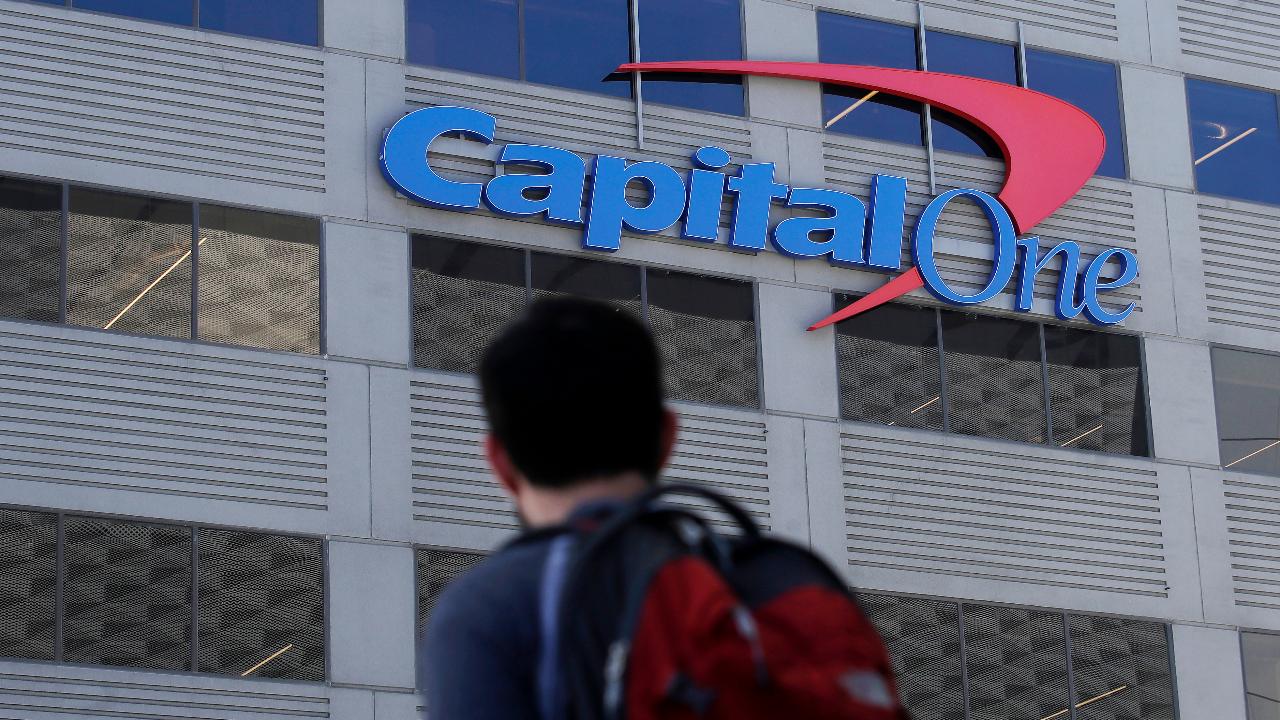Social Security scams could rise following Capital One breach
The Capital One data breach is stoking fears about a new wave of Social Security scams, which have been on a precipitous rise in 2019.
As first reported by The Wall Street Journal, thieves could exploit the event to go after vulnerable victims.
Social Security scams have overtaken IRS imposter scams this year, becoming one of the most prevalent thievery attempts.
According to Capital One, about 140,000 Social Security numbers belonging to its credit card customers could have been compromised.
However, scammers do not need your Social Security information in order to carry out their schemes.
According to the Federal Trade Commission (FTC), the most common Social Security scams involve imposters telling consumers their Social Security numbers were suspended because of suspicious activity, after which victims are asked to confirm their numbers.
People have filed more than 76,000 complaints regarding Social Security imposter scams over the past 12 months, with losses reported at $19 million, according to the FTC.
The FTC cautioned that the Social Security Administration (SSA) will not contact you out of the blue, and urges concerned individuals to reach out to the real SSA with questions.
Meanwhile, it was revealed earlier this week that a hacker allegedly was able to gain access to the personal information of about 100 million Capital One customers in the U.S., according to the company, in addition to millions more in Canada.
CLICK HERE TO GET THE FOX BUSINESS APP
The FTC also warned this week about an increase in potential scams related to the Equifax settlement. After the massive 2017 Equifax data breach potentially compromised the personal information hundreds of millions of Americans, people could be subject to more theft. The FTC said it has already seen fake websites meant to look like the official Equifax settlement claims page – where people can go to stake their claim in a settlement valued at as much as $700 million.
The credit reporting agency reached an agreement with the FTC last month to pay between $575 million and $700 million to compensate people who fell victim to the breach.




















